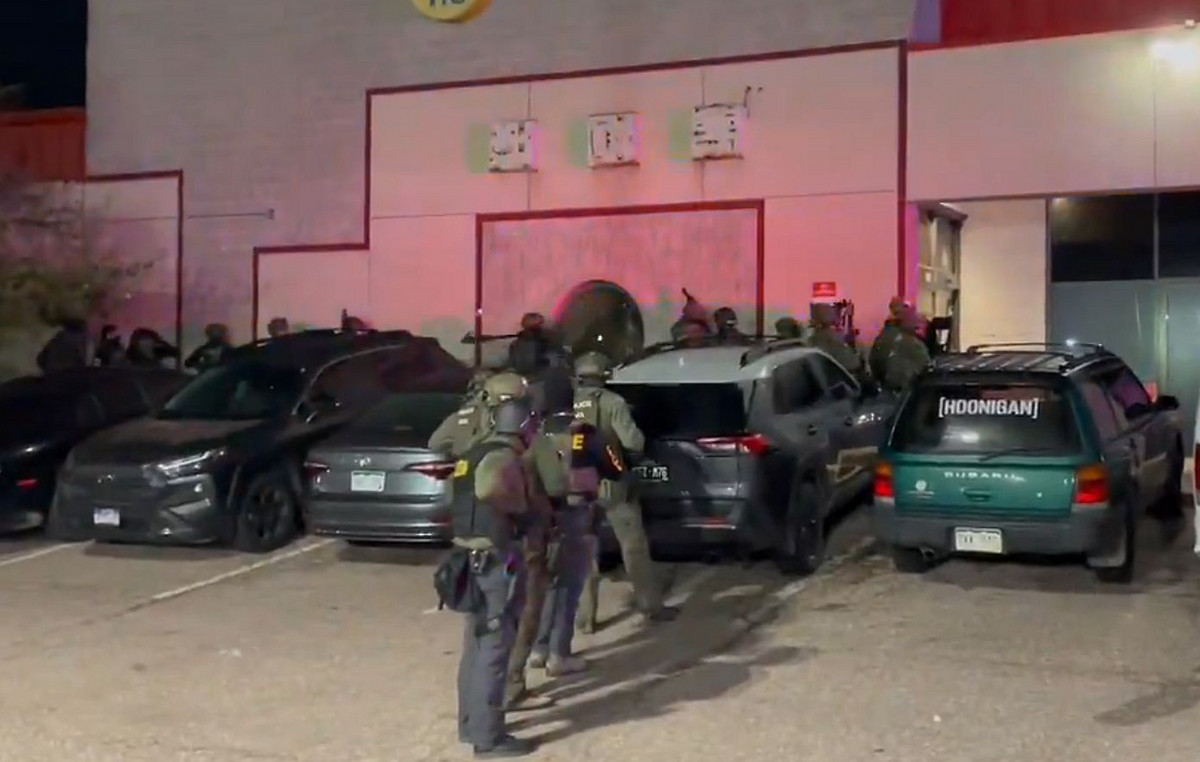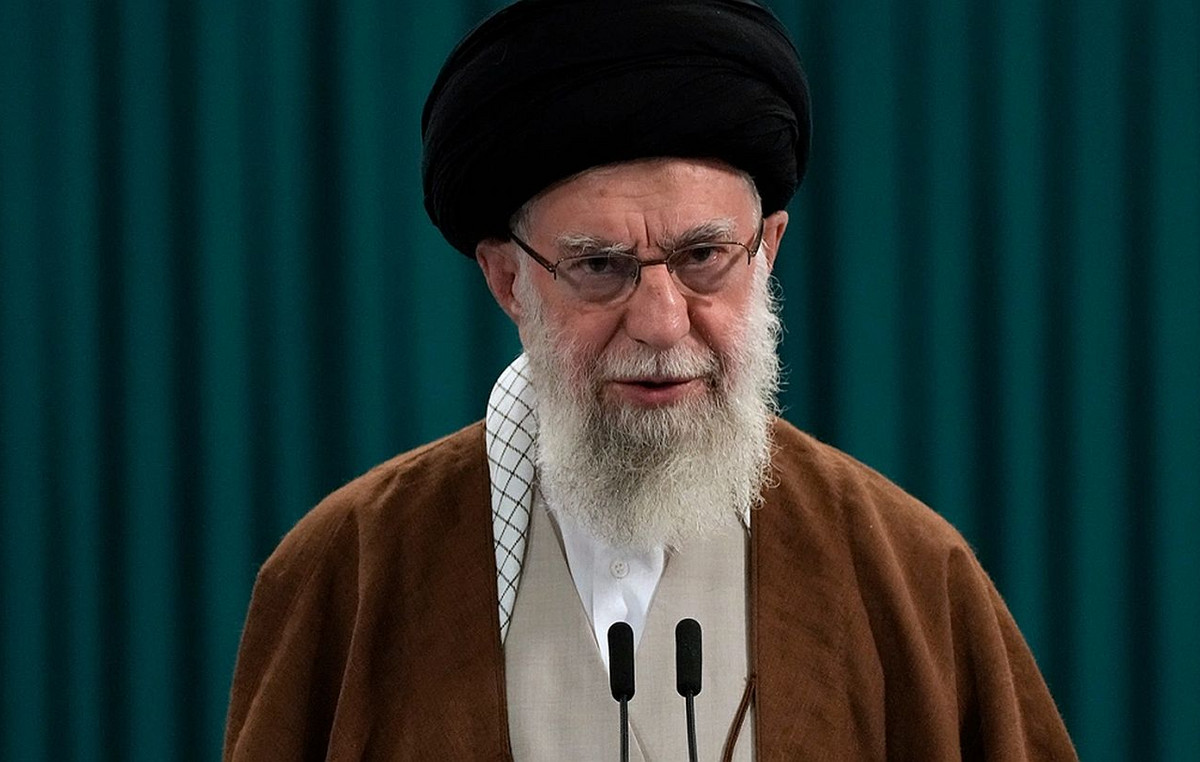Russia’s economy averted the collapse that many predicted after Moscow sent its forces to Ukraine six months ago, with higher prices for its oil exports cushioning the impact of Western sanctions, though difficulties are still brewing for some Russians.
After predicting at one point that the economy would shrink by more than 12% this year, surpassing the drops in output seen after the collapse of the Soviet Union and during the 1998 financial crisis, the Ministry of Economy now expects a contraction of 4.2% .
High global energy prices have helped the Kremlin deliver on President Vladimir Putin’s promise in March to reduce poverty and inequality despite Western sanctions and inflation.
Some economists likened the situation to the Covid-19 pandemic, when authorities increased payments to those most vulnerable to the crisis.
“So far, there are no signs that the drop in living standards could lead to disturbances,” said Alexei Firsov, founder of the Platforma social studies institute.
“The decline in living standards has not reached the point where attitudes towards reality start to change significantly and the fridge clearly starts to outperform the TV,” a reference to a Russian saying describing the tension between people’s experiences and what state television led them to expect.
Russia’s current account surplus — the difference in value between exports and imports — more than tripled in the first seven months of 2022 from a year earlier, to a record $166.6 billion, as revenues soared and sanctions caused imports to fall.
Putin has ordered 10% increases in pensions and the minimum wage to soften the blow of inflation, while big employers such as bank Sberbank and gas giant Gazprom have raised wages starting in July.
The unemployment rate was 3.9% in June, the lowest since the statistics service began reporting the figure in 1992, according to the Eikon database.
Cost of living
Inflation, which hit a 20-year high of 17.8% in April after the ruble fell to a record low against the dollar, is now expected to end the year at 13.4%, according to the Economy Ministry.
Since then, emergency capital controls have helped the ruble soar by more than 25% this year, making it the world’s best-performing currency so far in 2022. sanctions imposed by Western countries.
While the sanctions mean consumer goods such as Guinness beer, Zara clothing and Nespresso coffee capsules have disappeared from shelves, some Russians told Reuters they were also struggling to find basic necessities, including some medicines.
Some complained about a shortage of auto parts, as many Western manufacturers suspended operations or left Russia altogether. Russia’s biggest automaker, Avtovaz, has cut production and is offering to lay off some workers for lack of components.
Official figures show that consumer prices are up 10.7% so far this year, compared with a 4.7% increase in the same period in 2021.
But, according to statistics service Rosstat, prices for sanitary napkins rose 41% year-to-date, prices for cars manufactured abroad rose 39% and prices for toilet paper rose 27%.
Source: CNN Brasil
I am Sophia william, author of World Stock Market. I have a degree in journalism from the University of Missouri and I have worked as a reporter for several news websites. I have a passion for writing and informing people about the latest news and events happening in the world. I strive to be accurate and unbiased in my reporting, and I hope to provide readers with valuable information that they can use to make informed decisions.







